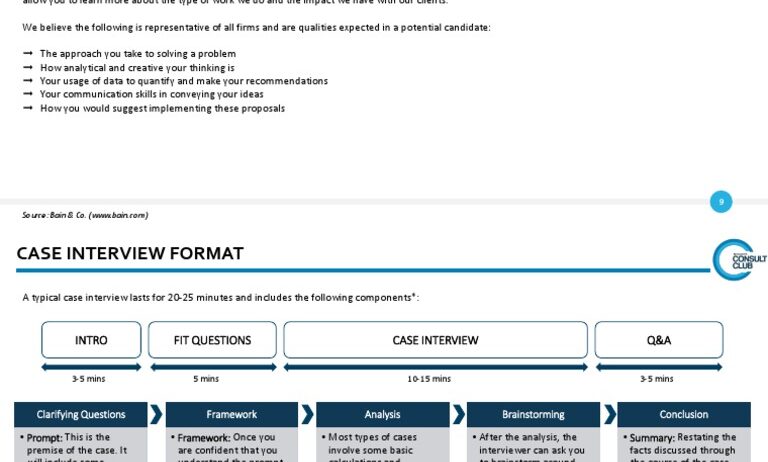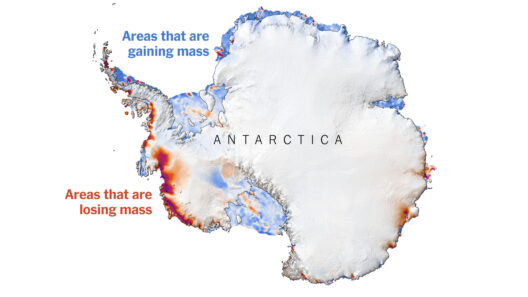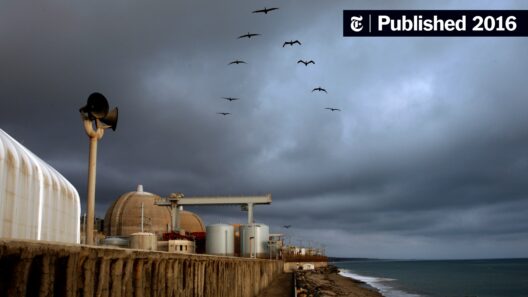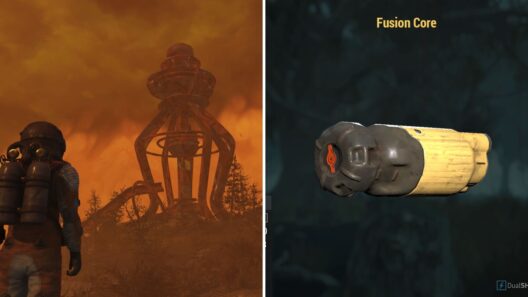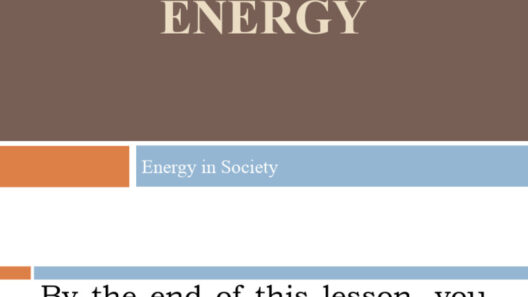The realm of case interviews has garnered immense attention as a gateway for aspiring consultants and business analysts. Among the plethora of topics discussed, energy conservation emerges as a pivotal theme, warranting scrutiny. How can you effectively prepare for case interviews that delve into this crucial subject, while simultaneously illuminating your understanding of energy conservation? This discourse endeavors to elucidate the nuanced components of such case interviews, providing a comprehensive toolkit for success.
To begin, it’s essential to grasp the foundation of energy conservation itself. Energy conservation refers to the principle of reducing energy consumption through using less energy service. This is critical not only for mitigating environmental degradation but also for enhancing economic efficiency. When posed with energy conservation questions in a case interview, consider them not merely as inquiries about numbers or strategies, but as complex problems that require innovative solutions.
The first step in preparing for energy conservation questions involves familiarizing yourself with key concepts and terminology. Terms such as ‘sustainability,’ ‘renewable energy sources,’ ‘energy efficiency,’ and ‘carbon footprint’ frequently surface in conversations about energy conservation. Understanding these concepts allows you to frame your responses in a manner that highlights your analytical prowess and demonstrates your commitment to environmental stewardship.
Next, one should anticipate the potential challenges that could arise during a case interview. Imagine a scenario where a fictional company seeks to reduce its energy expenditures by 20% within a year. How might you approach this challenge? Consideration of both quantitative and qualitative factors will be essential. Quantitative analysis may involve evaluating current energy consumption patterns and identifying areas where improvements can be made. Qualitatively, you could explore organizational culture, staff engagement in sustainability initiatives, and the integration of energy conservation strategies into core business practices.
Another critical aspect to consider is the diverse array of sectors that may appear in energy conservation case studies. From manufacturing to technology to retail, the approaches to energy conservation will differ significantly. For instance, a manufacturing firm may focus on upgrading machinery to energy-efficient models, while a tech company might invest in optimizing server efficiency and cooling systems. Recognizing these sector-specific strategies equips you with the versatility needed to tackle various case scenarios confidently.
Employing a structured methodology can greatly enhance your performance in case interviews. The MECE framework (Mutually Exclusive, Collectively Exhaustive) serves as an excellent foundation. By ensuring that your analysis of energy consumption covers comprehensive categories without overlap, you demonstrate clarity in thought and a systematic approach to problem-solving. For example, when analyzing a company’s energy use, break down the inquiry into segments such as transportation, production, infrastructure, and employee practices.
Moreover, don’t shy away from incorporating innovative technologies into your discussion. As you prepare, familiarize yourself with advancements in energy management systems, energy-efficient appliances, and smart grid technology. These technologies not only embody modern solutions to conventional energy challenges but also indicate a forward-thinking mindset that interviewers often find compelling. Consider posing questions that stimulate discussion, such as: “In what ways can emerging technologies foster increased energy sustainability in large-scale operations?”
Additionally, while the numbers are crucial—like calculating energy savings or cost implications—narrative elements enrich your case solutions. For instance, weave in stories of companies that have successfully implemented energy conservation strategies, including the challenges they faced and how they overcame them. This approach humanizes your analysis and demonstrates real-world applicability, a characteristic that interviewers value highly.
Furthermore, stay proactive about emerging trends in energy conservation. For instance, the impact of global events such as climate accords or technological breakthroughs in renewable energy can radically influence energy policies and company practices. Your ability to discuss current events reflects deep engagement with the topic and lets interviewers know you are informed about the external factors that shape energy conservation strategies.
A playful question might emerge here: if you were an energy detective, what clues would you seek to uncover hidden inefficiencies in a company’s energy use? This imaginative approach invites creative thinking while maintaining a rigorous analytical framework, fostering a rich dialogue during your interview.
Ultimately, successful case interview preparation around energy conservation questions hinges on a multidimensional approach. Grounding your analysis in foundational knowledge, anticipating challenges, employing structured methodologies, integrating innovative technologies, crafting engaging narratives, and staying abreast of current trends form the foundation of this preparation. Equip yourself with these tools, and instead of succumbing to the pressure of the interview setting, you will instead find opportunities to exhibit your nuance and expertise in this vital arena.
In conclusion, the journey to mastering case interviews centered on energy conservation transcends mere technical knowledge. It encompasses a holistic understanding of the multifaceted nature of energy consumption and its implications for both business and society. Such preparation not only anticipates potential challenges but also empowers you to offer groundbreaking solutions, ensuring that your future role contributes meaningfully to the conservation of our planet’s resources.



